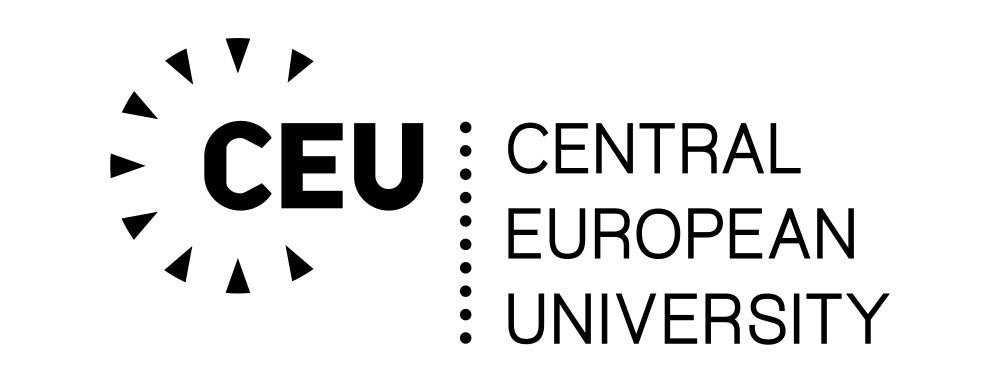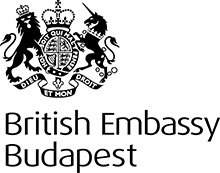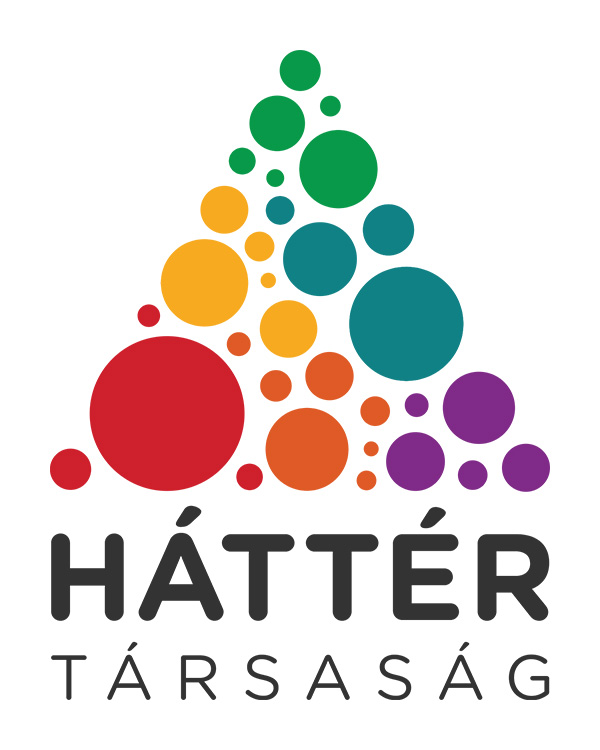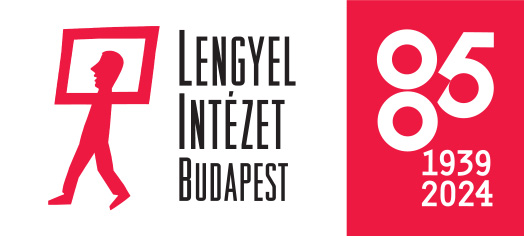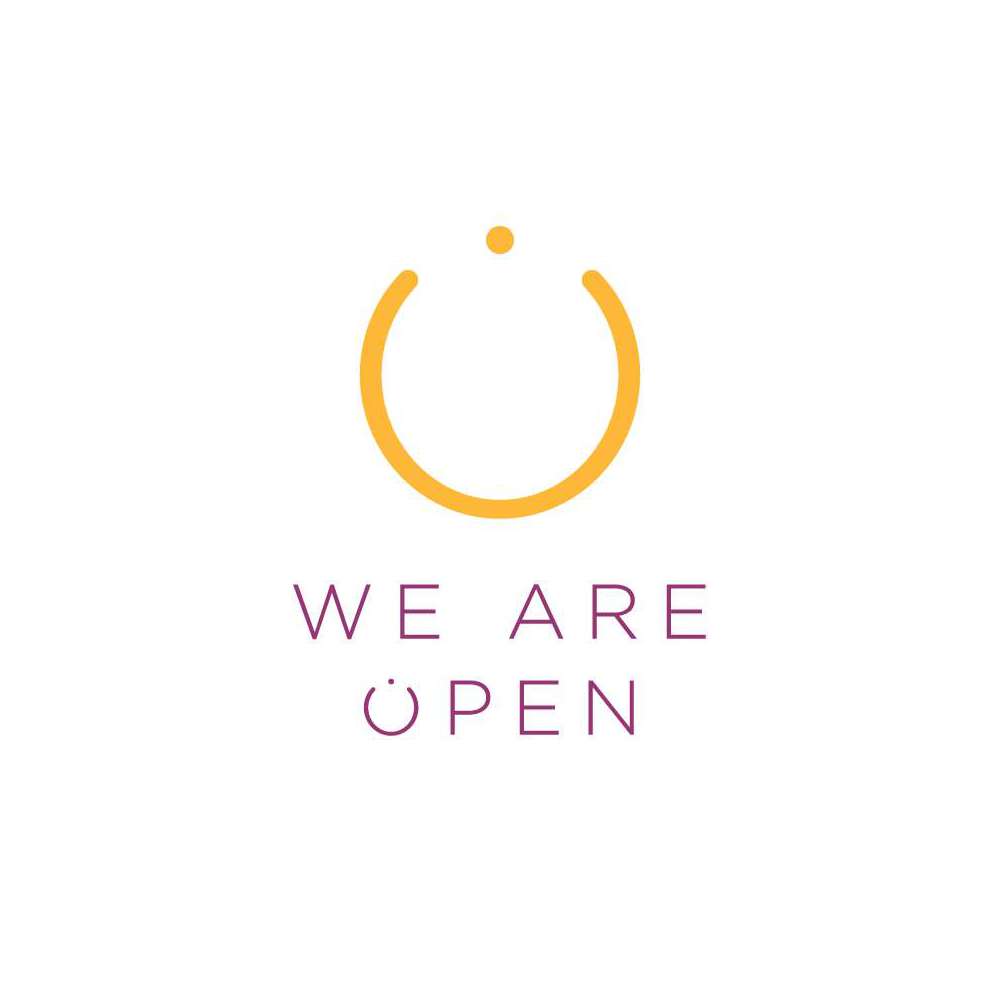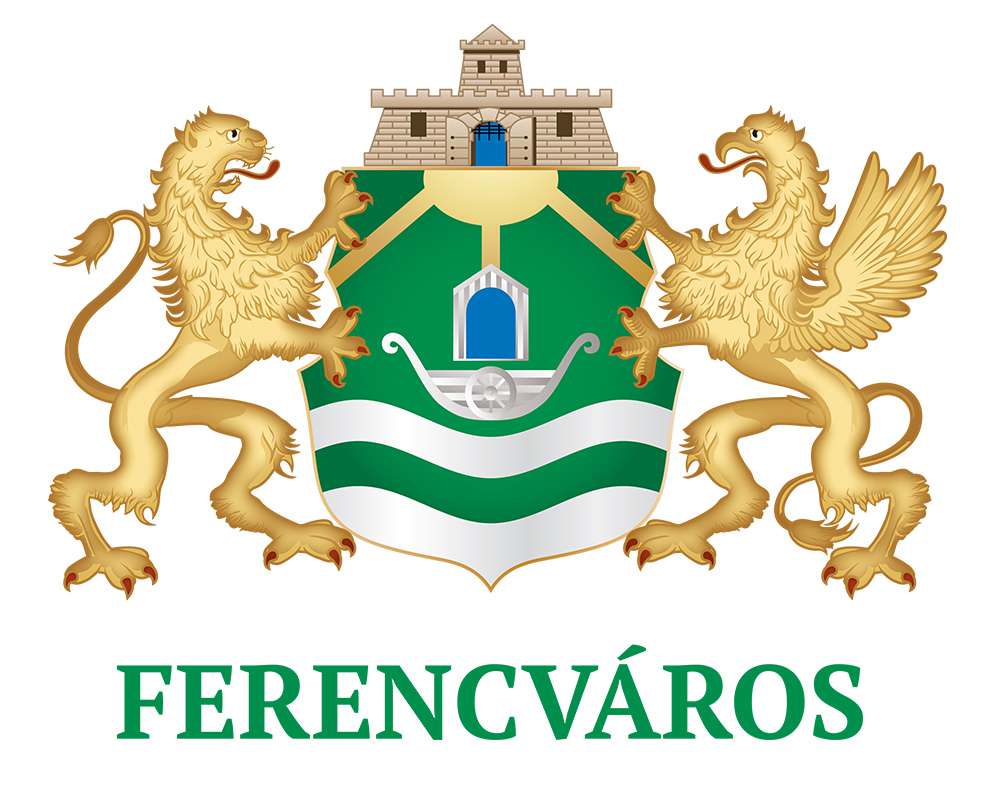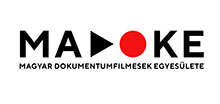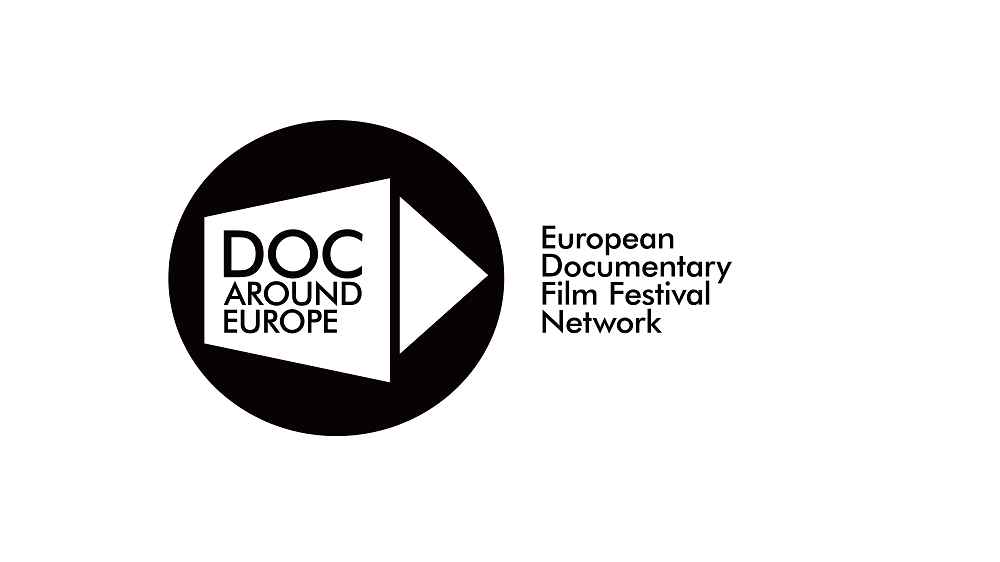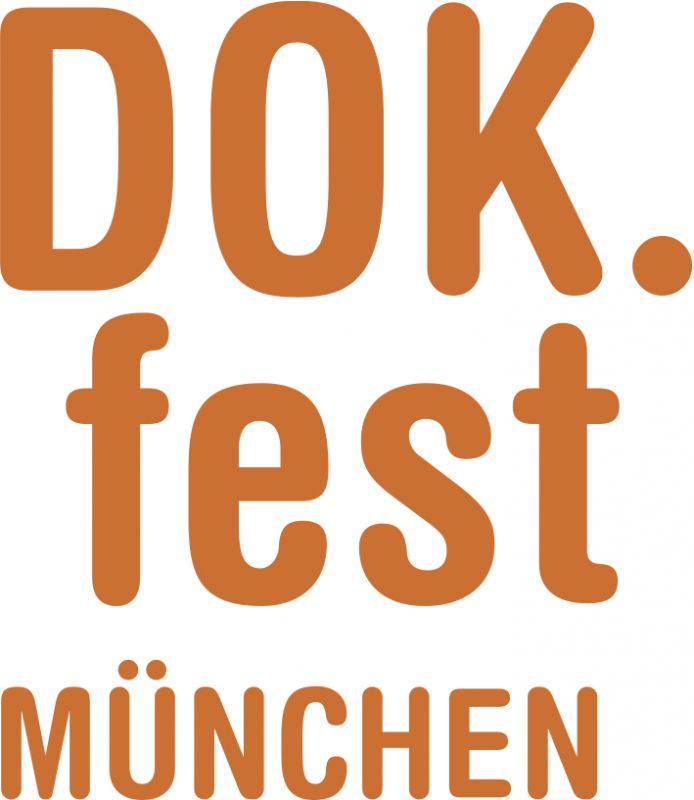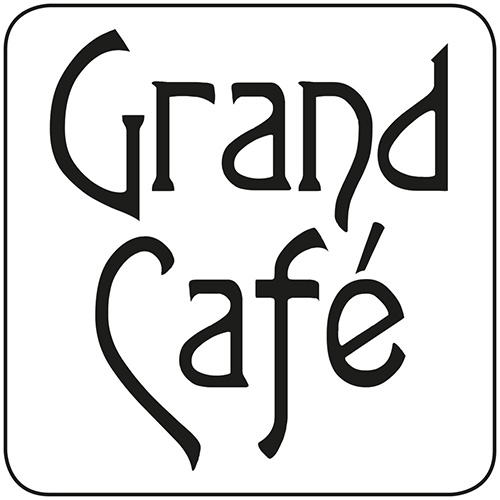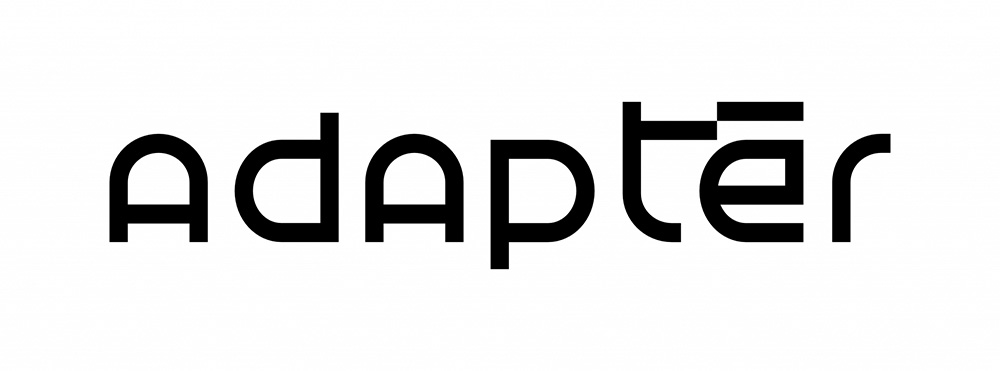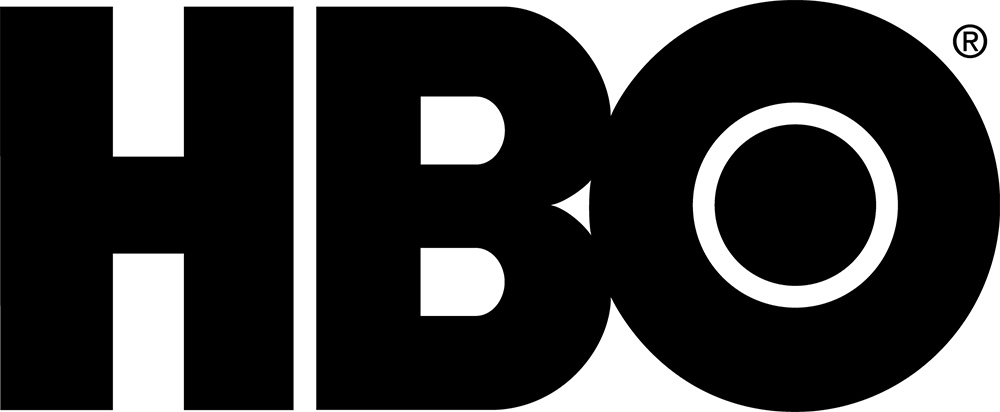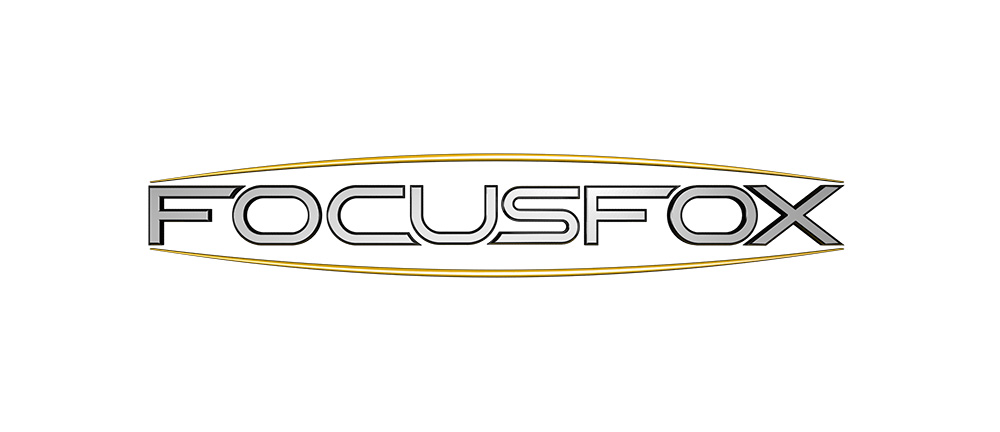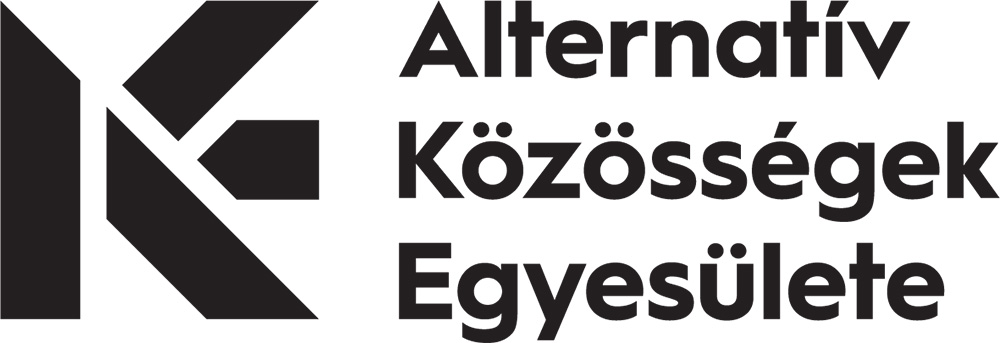3rd Verzió Young Documentary Film Critics Workshop
The 3rd Verzió Young Documentary Film Critics Workshop takes place within the framework of the 21st Verzió International Human Rights Documentary Film Festival in Budapest, Hungary, November 5-9, 2024.
Selected participants have the opportunity to take part in a writing-intensive workshop with other documentary film enthusiasts from different backgrounds and cultures; receive valuable feedback from peers and tutors to help polish their writing and editing skills in an intimate and supportive setting; and, immerse themselves in the world of a human rights documentary film festival for five days. The workshop is open to aspiring and early-career film critics.
We are happy to introduce the participants of this year's workshop, tutored by Pamela Cohn and Zsolt Gyenge.
We have asked the young critics to send a short introduction of themselves along with a photo/still from their favourite film which for them represents thinking about the world through nonfiction cinema.
Tutors:
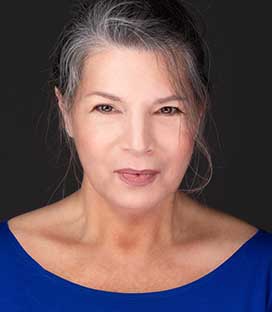
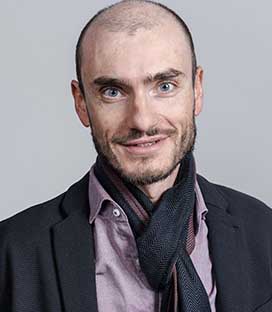
Participants:
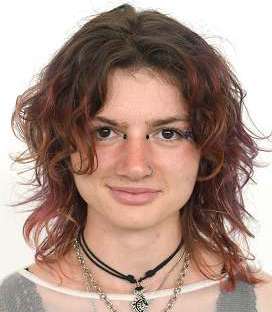
For me, cinema is all the time evolving. I find that cinema is an art that has always had a super strong relationship with "the reality": either to escape from it and maybe have a good time, either to face it. But depending on what I'm working on, what I have lived lately, I will be touched by different types of cinemas each time. I've been, since a child, attracted to those screens and sounds, where everything is possible. I will, somehow, always be connected to the audiovisual world.
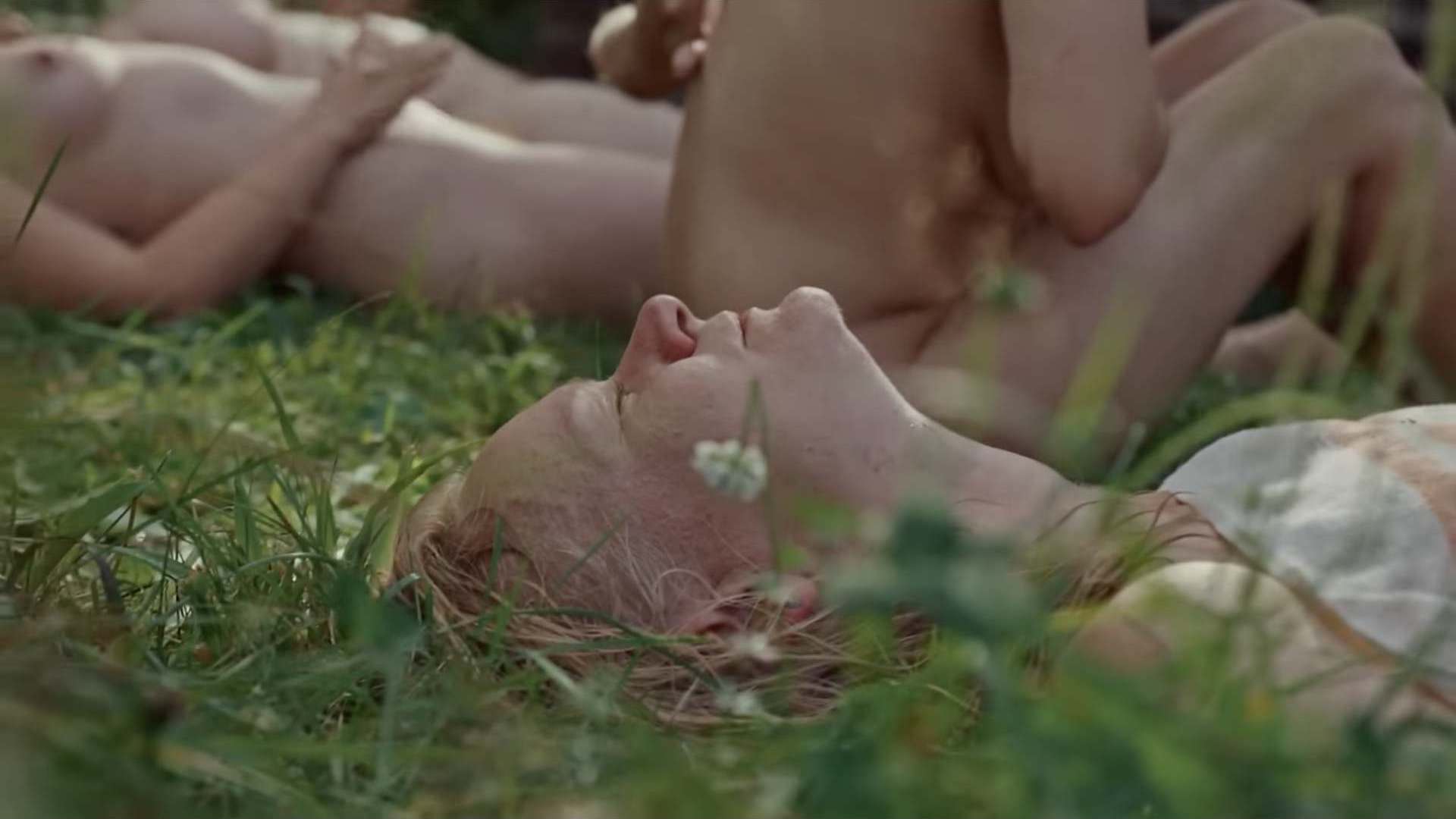
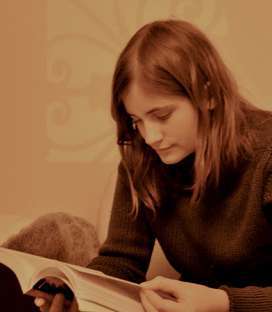
Film critic for the online French magazine Zone Critique, former audiovisual student, all-purpose tool for no-budget shootings, I like spending my time experimenting cinema from as many angles as possible. Its variety, voyeuristic nature and constant interplay between rawness and artificiality fascinate me. To sum it up, cinema would definitely belong in my top 7 arts of all time.
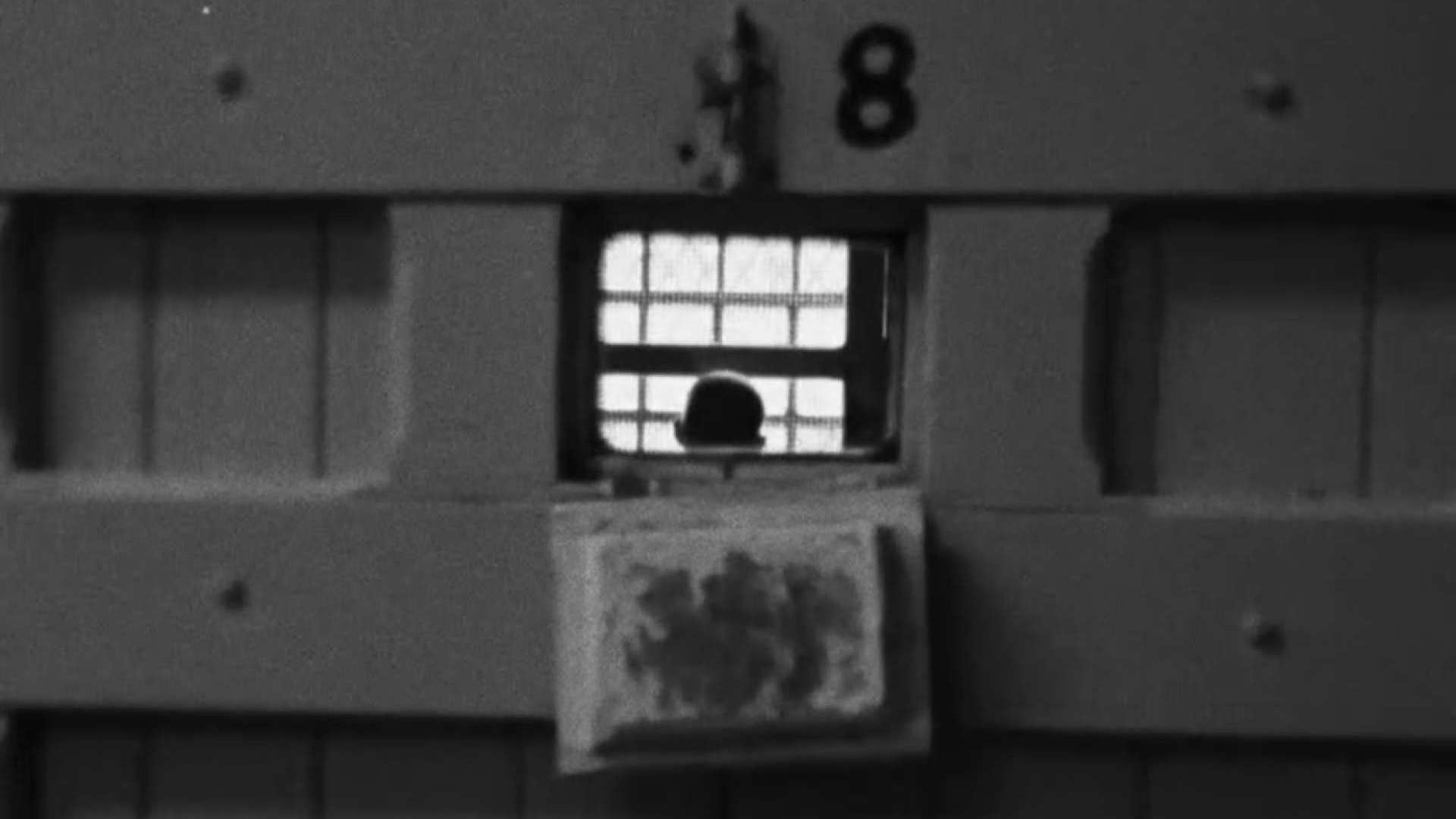
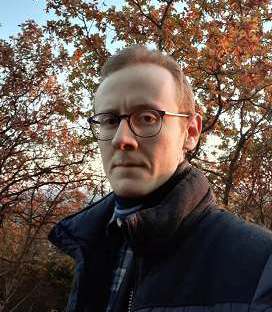
A train station. A black and white film. A train approaching the screen, until it evades the constraints of two dimensions over the unsuspecting spectator. This is not the conventional, anecdotal story on one of art’s greatest revolutions: it’s also one of my first moments in the Museum of Cinema in Turin, in 2013, where the Lumière film was proposed in an immersive installation. The power to materialize fiction and reality, life’s greatest and smallest moments: this is what Cinema is about.
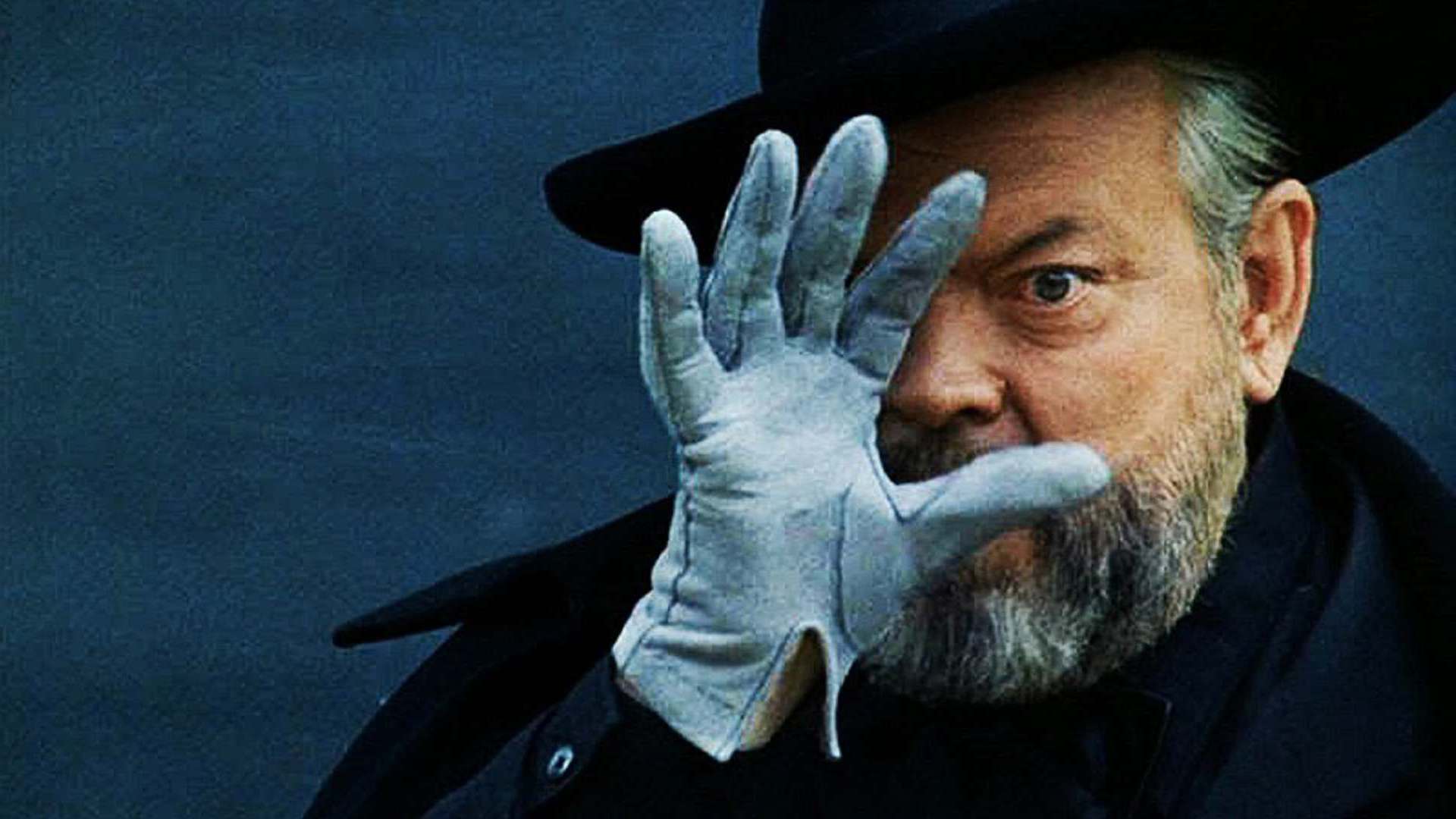
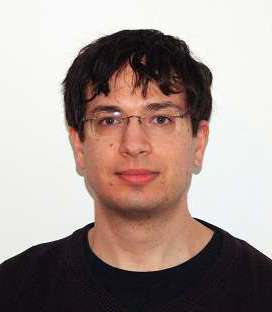
My name is Ádám Fónai. I’m 29 years old. I graduated in 2021 at Károli University, getting my degree of theater and movie journalism. I grew up in the Hungarian countryside, 60 kms from the nearest cinema, thus being taken there on my 10th birthday is one of the most memorable gifts of my childhood. I got interested in the artistic side of movies towards the end of my teenage years, when I bumped into the works of David Lynch. Some of the contemporary directors I’m a fan of are Rose Glass, Julia Ducournau, Emma Seligman and Megan Park.
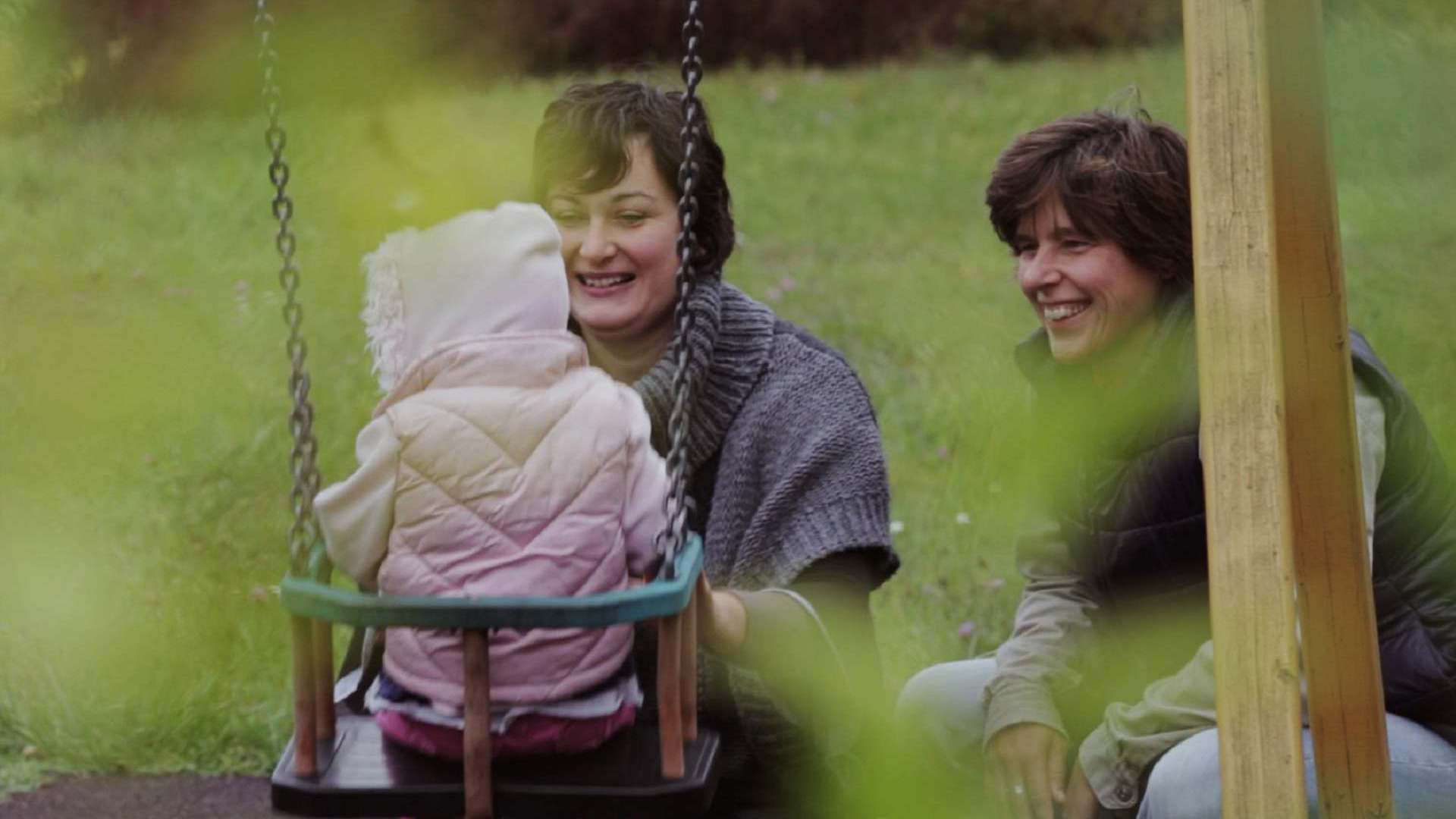

I am writing this short essay/story/confession on a long train ride from Almaty to Turkistan, an ancient city in Central Asia. My thoughts are steeped in what I see: the vast areas of steppe dotted with trees and punctuated by a row of hills, a clear sky that stretches for miles and miles; the cows grazing calmly and knowingly; red tractors, knowingly too, standing in the middle of the field, ready to get to work. Film, for me, is just like this train ride - a long way home. Since my early childhood, film has always felt like home, familiar and inviting. It was the ultimate way of observing, learning, experiencing, and hence identifying with the characters, be it Belle from Beauty and the Beast, or William Wallace from Braveheart. Film was also the most democratic and accessible form of art for a girl who grew up in the post-Soviet village in northern Kazakhstan, a prosperous place that had fallen into disrepair after the collapse of the USSR.
Later, as a young adult, I found myself immersed in American indie films and European arthouse cinema, and it was then that I began to realise that film was not just a home, a static place, but a way of being in the world. Watching Godard and Truffaut, their stunning leading ladies – Anna Karina, Jeanne Moreau or Jean Seberg – I was transfixed not necessarily by the stories, but by the aura of filmmaking and auterism, the charm of the actors, their mystery and nonchalance, their clothes and their bangs. That was the period of my complete adoration of cinema, albeit with little critical observation. I was a puppy thrown out into the water and I was learning to swim, and that puppy was not aware of film criticism.
After years of being a film buff, I took a leap of faith and started my masters in literary studies with a strong emphasis on critical theory. This proved to be a turning point in my engagement with film. Suddenly, film became more than just a story, more than just the aura of the mesmerising actors; instead, film has elevated itself into a complex piece of art, fully embedded in its political, cultural and socio-economic context. “Films are not made in a vacuum,” my mentor would tell me years later. This has made me think about the inherent political nature of art, the tension between aesthetics and politics, the ontological essence of film as a medium, of its capacity to reveal truth as noted by Andre Bazin; the intersection of body, consciousness and film; the perpetual in-betweens, the cracks film creates in my identity and a deep sense of empathy that pours into those cracks infusing them with intentions to be a better person day in and day out.
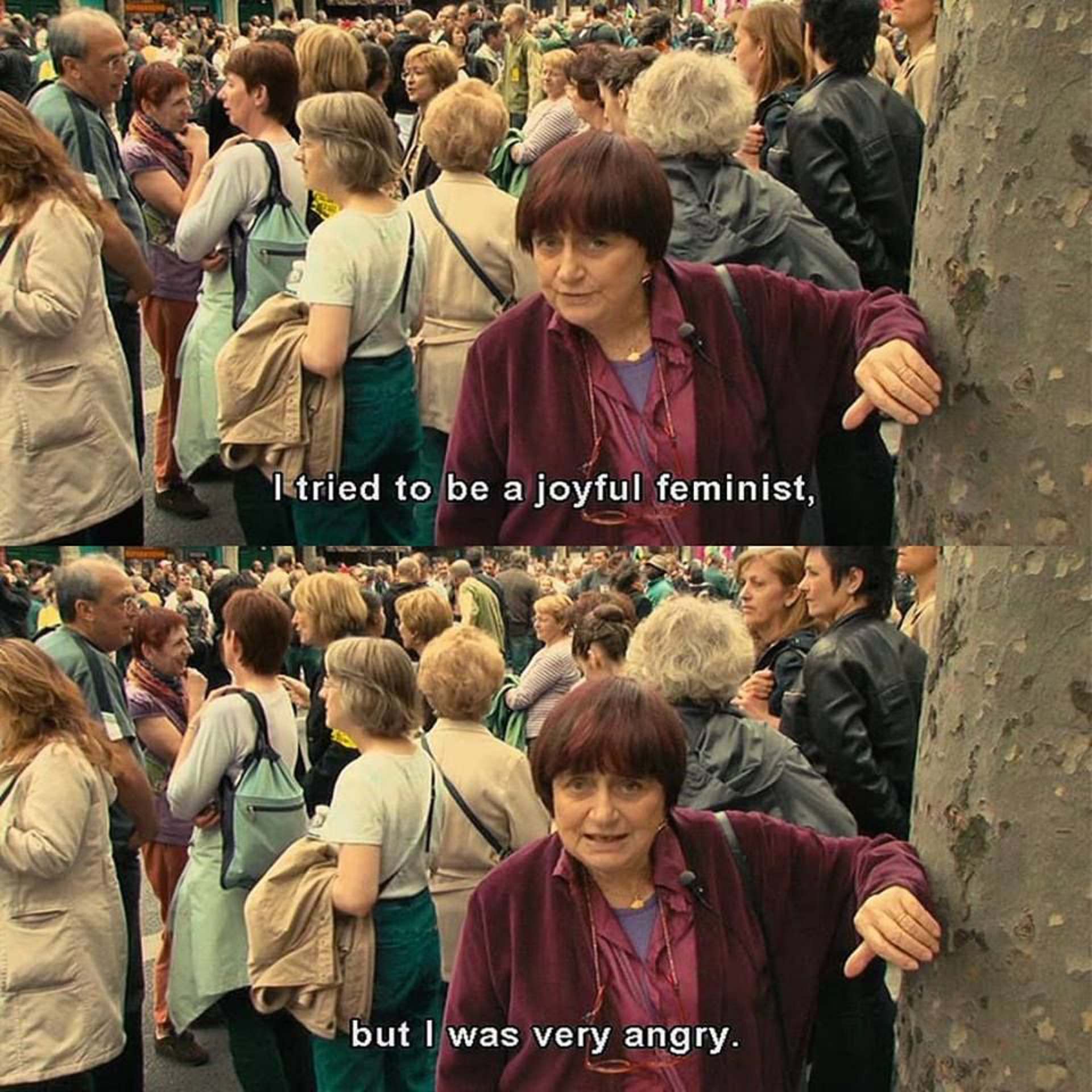
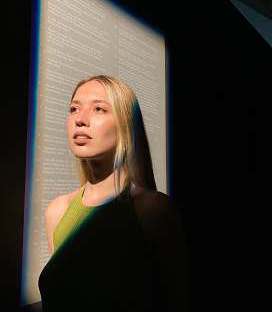
A 27 year old girl navigating through the beautiful and extraordinary world of cinema. Still not having decided on a specific role, but choosing all those that include writing: consulting on scripts, criticizing films, deliberating in juries. Choosing to view the world and all of its aspects, through the unique approaches of filmmakers and realizing the fact that those who only know about cinema do not even know about cinema.

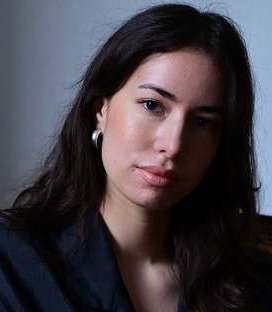
My name is Carolina, and I'm currently pursuing a master's degree in Anthropology and Environmental Studies. Last year, I directed my first documentary, focusing on indigenous-led protests in Peru. I love film, and particularly documentary film, because of its profound capacity for transformation. I believe a film becomes especially powerful when it challenges various forms of oppression and I'm drawn to works that do so with both artistic and poetic expression.
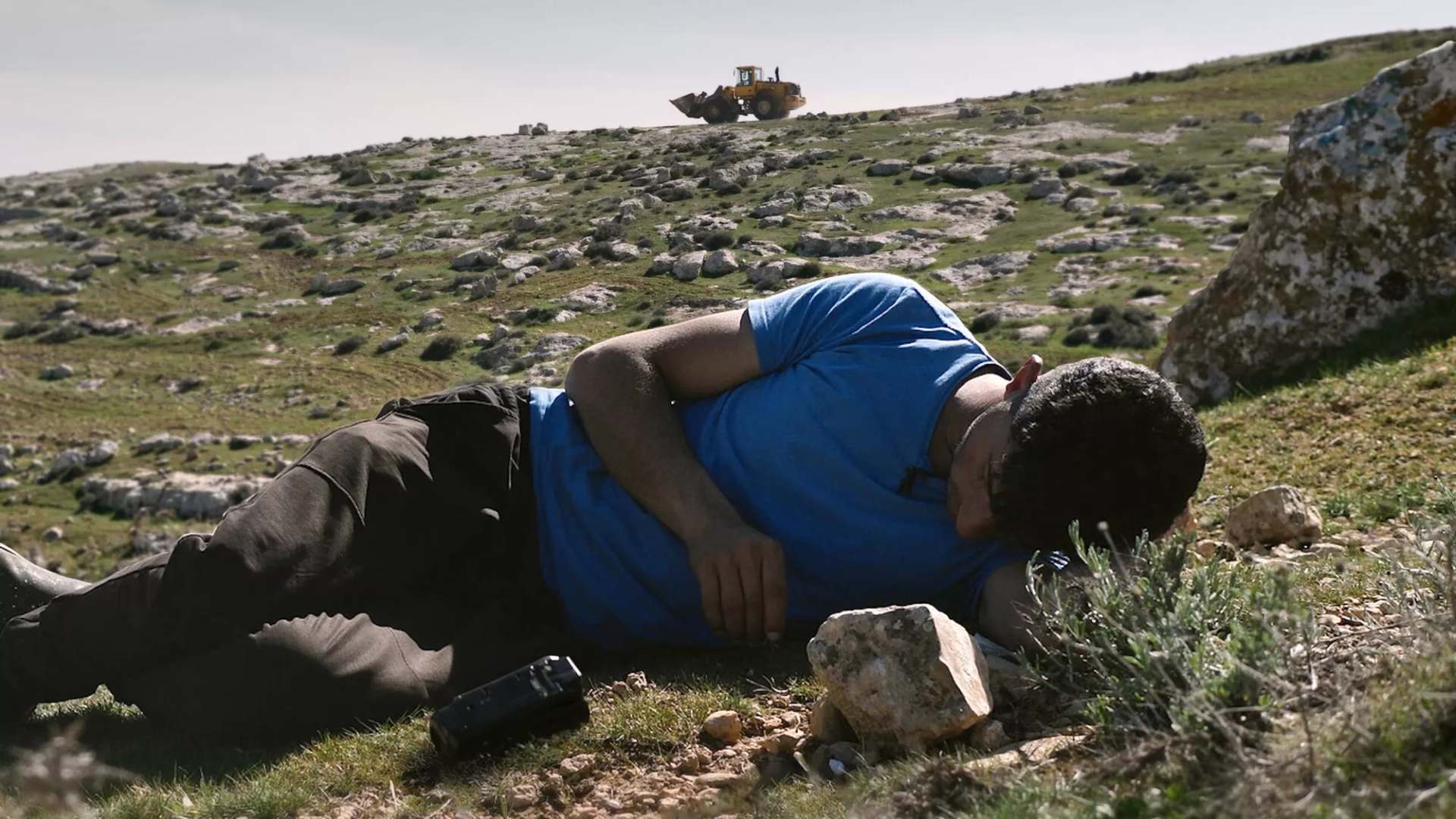
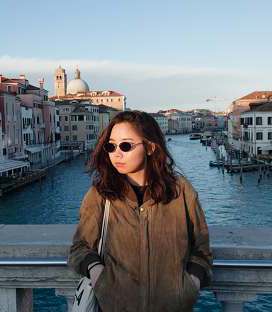
I’m a young filmmaker and film critic based in Budapest. My love for documentary films really hit me hard after watching Jackie the Wolf (2023). It’s tough to describe the feeling I had after seeing an elderly woman take her own life on screen—it was intense and left me thinking for days. Unlike films that pull us into fantastical worlds, documentaries root us in real-life experiences, showing us truths or perspectives we might not have thought about before. That raw, unfiltered honesty is what I love most about them.
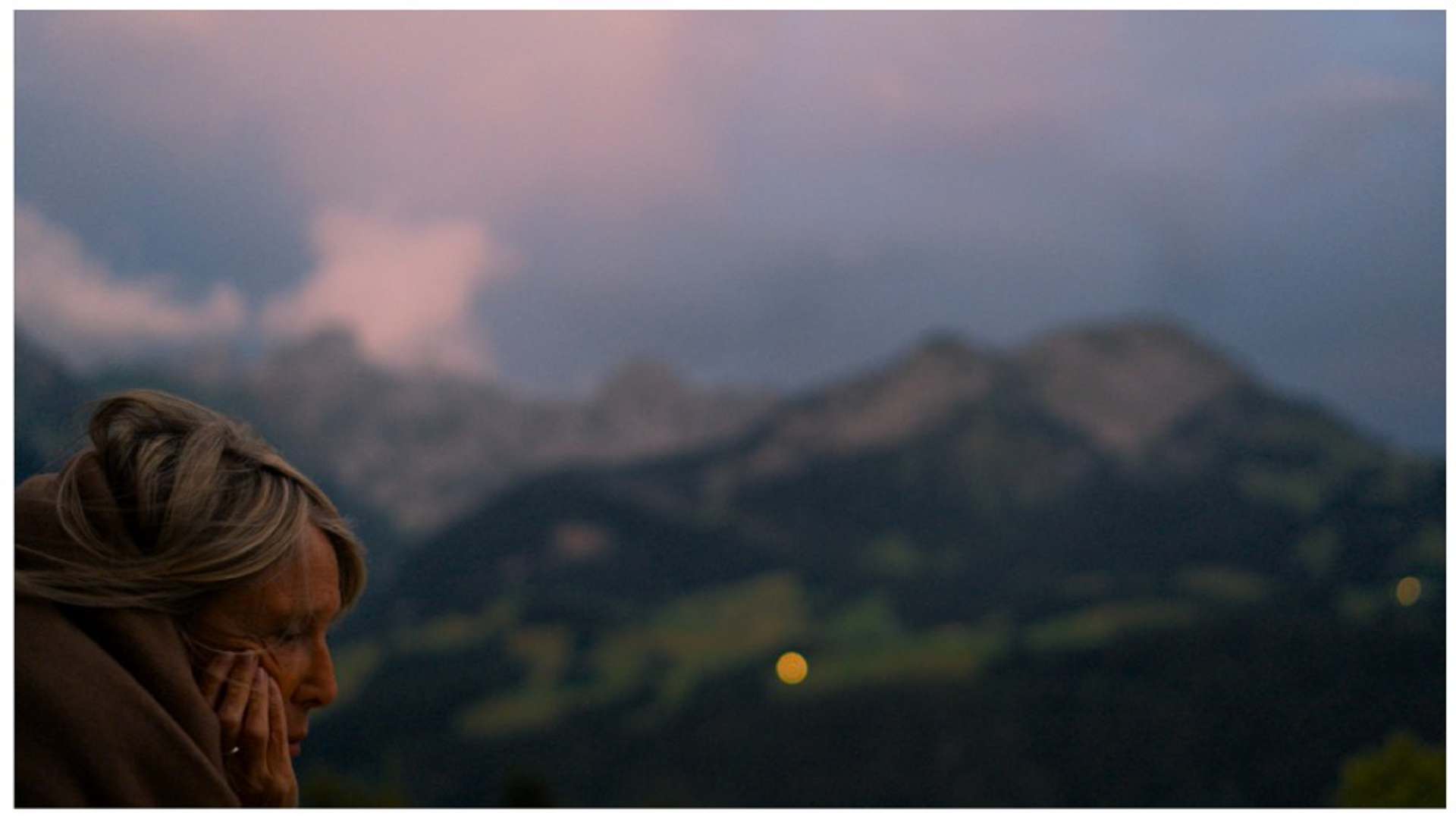

I am currently doing my master's degree in film directing and screenwriting at Eötvös Loránd University. I fell in love with films when I was a teenager. Recently, I have concentrated mainly on documentaries. For me, the most exciting thing is how a director, through specific characters and stories, gives the audience the opportunity to connect with socially important issues.

